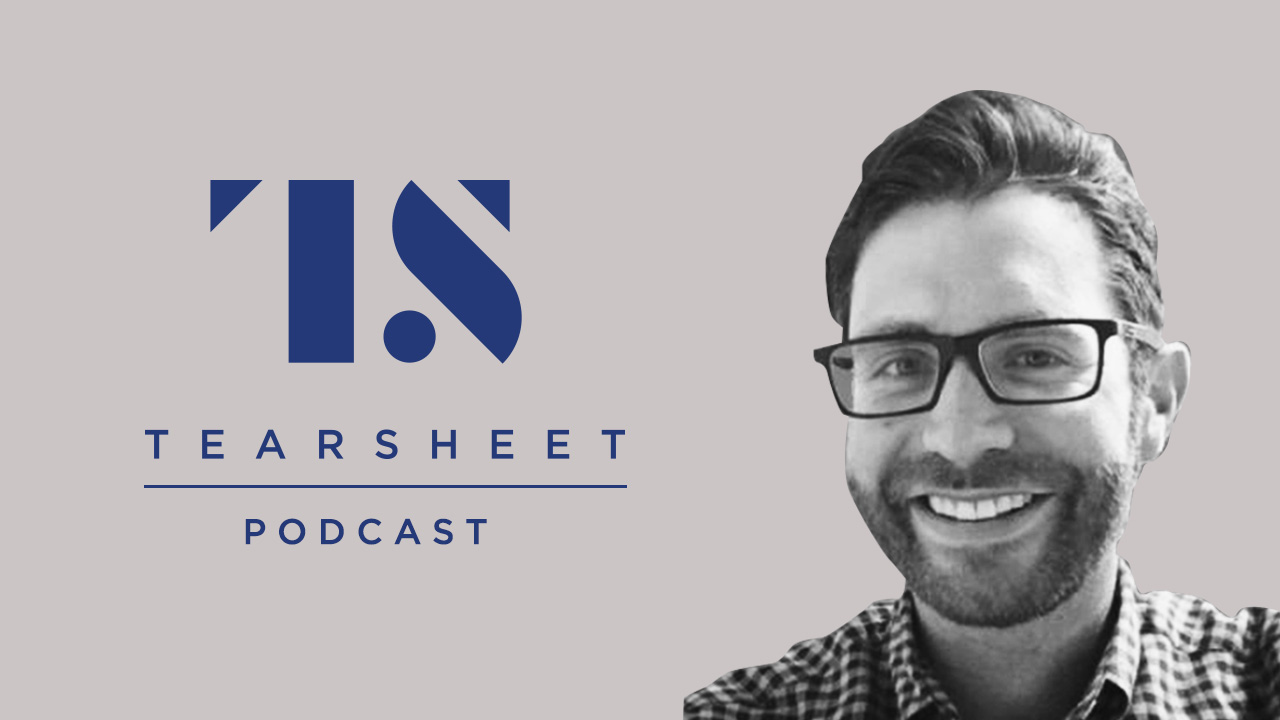Podcasts
“Embedded investing isn’t a feature — it’s a platform”: DriveWealth’s Harry Temkin on the future of investing
- DriveWealth’s Harry Temkin explains how embedded investment is powering global digital wallets.
- In this podcast with DriveWealth's Chief Digital Officer, we explore the potential in cross border investing, brokerage APIs, real time trading, and more.
Zack Miller | June 11, 2025
Podcasts
Inside Mastercard’s push to move LATAM’s small retailers beyond cash
- In Latin America, 43% of small retail transactions and 90% of B2B payments still happen in cash.
- Walter Pimenta, Executive Vice President of Commercial and New Payment Flows for Mastercard Latin America, joins us to discuss how his team is driving digital adoption while tackling the cybersecurity challenges that have already hit 46% of small businesses in the region.
Zack Miller | June 04, 2025
Podcasts
PayPal’s Embedded Finance Vision: Michelle Gill reveals how cash flow lending is reshaping SMB access to capital
- Small businesses juggle over 15 tools to manage operations, diverting time from their core passions.
- Michelle Gill, who leads PayPal's Small Business and Financial Services Group, aims to reduce this complexity through integrated solutions that help merchants reclaim their time and fuel growth.
Zack Miller | May 07, 2025
Podcasts
Venture Capital’s shift from consumer fintech to infrastructure ft. Ryan Falvey
- Venture capital is pivoting from consumer fintech to infrastructure investments as the market matures, as Ryan Falvey's Restive participates in this strategic shift
- Financial startups now face a new reality where compliance, backend capabilities, and contextual integration matter more than flashy consumer-facing applications.
Zack Miller | April 30, 2025
4dFI global fintech podcast, Podcasts
Serving the global majority: How Tala is reshaping financial inclusion in Latin America and beyond with David Lask
- In cash-dominant Latin American markets, Tala is pioneering fintech solutions for previously overlooked consumers.
- David Lask shares how their recent funding will advance financial inclusion and discusses the region's evolving fintech landscape.
Zack Miller | April 23, 2025








